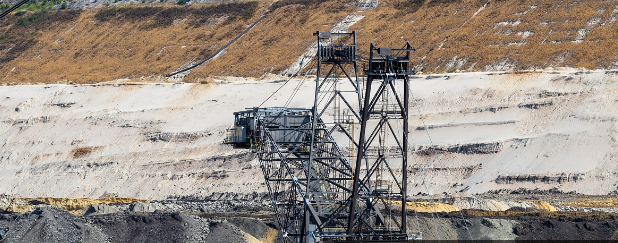Biden administration reinstates sanctions against Israel mining company accused of corruption
The US State Department reinstated sanctions for Israeli mining magnate Dan Gertler on Monday, overturning an agreement made in the last week of the Trump administration.

The US State Department reinstated sanctions for Israeli mining magnate Dan Gertler on Monday, overturning an agreement made in the last week of the Trump administration.
Gertler was sanctioned in 2017 over accusations of corruption and exploitation in the Democratic Republic of Congo (DRC). The US accused him of using his personal relationship with former DRC president Joseph Kabila to score billion-dollar mining contracts which resulted in the “looting of natural resources.” These backroom deals reportedly deprived the Congolese government of more than $1.3 billion in revenue.
The sanctions prevented Gertler from doing business with US citizens, companies and banks. They also froze his assets in the US. But on January 15, in the final days of the Trump administration, the Treasury Department waived the sanctions and granted Gertler a one-year license that allowed him to access his frozen assets and permitted him to engage in transactions with US banks.
In early February, Congolese and international human rights groups sent a letter to the Secretary of State urging him to reinstate the sanctions against Gertler. The letter described the impact of his corruption, stating, “in just one mining deal involving Mr. Gertler, an estimated 32,000 local residents were deprived of clean drinking water, plagued with ongoing air and water pollution, sickness and lack of educational opportunities due to corruption.” Advocates called on the Biden administration to uphold the sanctions and “ensure that the proceeds of alleged corruption are not being accessed.”
The restrictions were re-implemented about a month later. A press release from the State Department said that the Trump administration’s sanctions waiver was “inconsistent with America’s strong foreign policy interests in combatting corruption around the world, specifically … in the Democratic Republic of the Congo.”
Source:jurist.org


